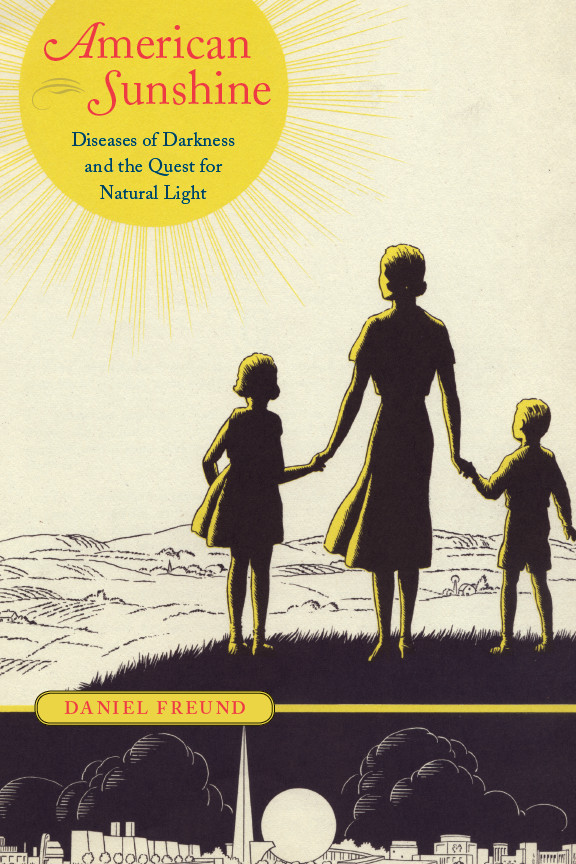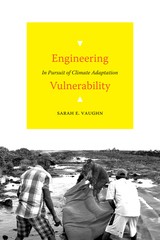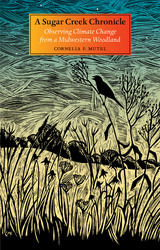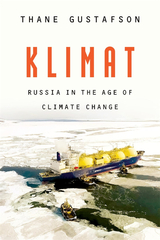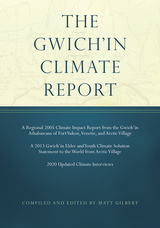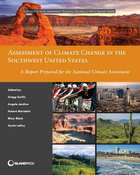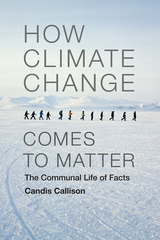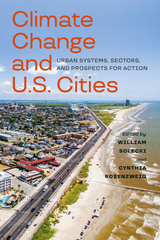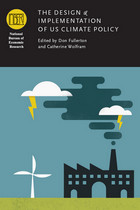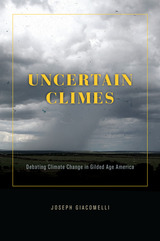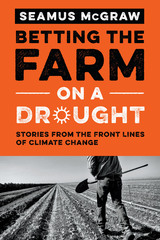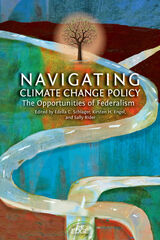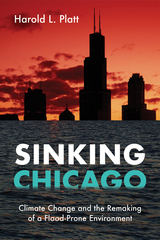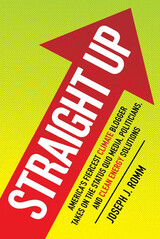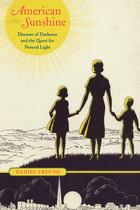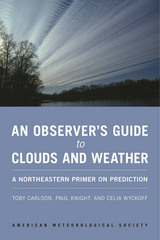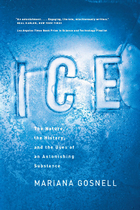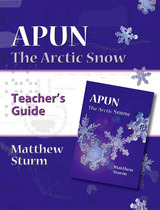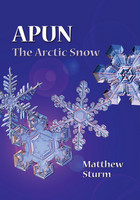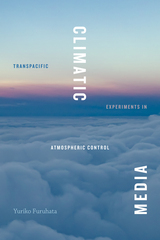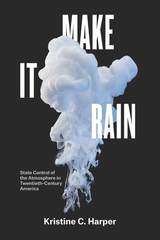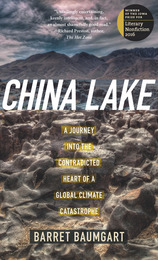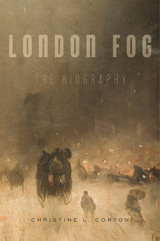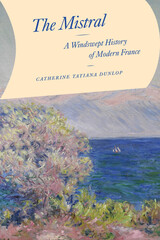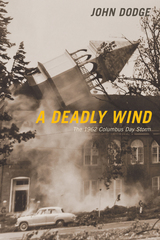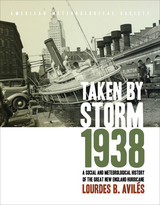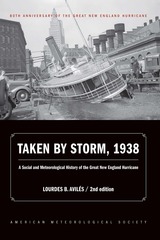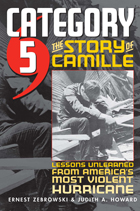“I learned much from American Sunshine, which examines the reformist zeal and popular enthusiasm concerning natural light that for three generations fueled debates among social reformers, architects, educators, scientists, inventors, and politicians. The interdisciplinary sources include not only books, newspapers, and scientific studies, but also photographs of dingy tenements, World’s Fair exhibits, and the nudist movement. Well-researched, eminently readable, and given our current climate concerns, a timely reminder of an earlier era’s environmental perplexities.”
— David E. Nye, author of When the Lights Went Out: A History of Blackouts in America
“This smart and imaginative book describes how sunlight joined the list of scarce natural resources in America’s darkening industrial cities, and how scientists and businessmen found solutions in a new and improved synthetic nature. In engaging prose, Daniel Freund takes us out of the shadows of tenement districts and onto the beaches of South Florida, and all along the way we can rethink what exactly is bought and sold.”
— David Stradling, University of Cincinnati
“An erudite and often witty study of how natural light became a precious resource in an urbanizing and industrializing America: something to be measured and commodified; something so crucial to health that its loss to towering apartments, narrow streets, and smoky skies had to be mitigated by an impressive array of artificial means, from cod-liver oil and vitamin D–fortified milk to sun lamps and special window glass.”
— Christian S. Warren, Brooklyn College
“Freund's book is a delightfully idiosyncratic look at the 'quest for natural light' in American culture, from the earliest use of tanning beds as a kind of surrogate sun to the mainstream acceptance of 'light therapy' as a cure for Seasonal-Affective Disorder, and from the marketing of climate tourism to the development of specialty lighting rigs for use in industrial food preparation. . . The results are this unique look at the confluence of personal health, urban design, and near-religious popular beliefs about the purifying power of sunlight over roughly 150 years of American culture.”
— Geoff Managh, BLDGBLOG
“Sparkling with information, this scintillating tale of the sun's influence over culture and health tells more than its title implies. By recounting humankind’s awe with our foremost star and the reverence accorded it by ancient civilizations, Freund illustrates how the sun's power and healing effects influenced early life activities. . . Not only does the book dynamically describe the biological significance of light irradiation, it also compellingly chronicles the personalities, cultures, legislation, urban design, medical practice, history, and international research involved in discovering the good and the bad in the sun and sunlight.”
— Choice
